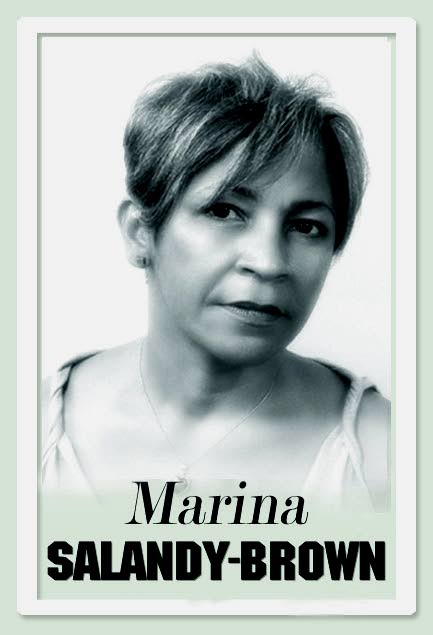Where power really lies

In November 2020, the focus of this column was the inordinate power the big tech companies have over our lives and our failure to see the “existential threat” they pose to accepted societal norms, influencing how we think and behave and the deleterious impact upon society globally.
Everything that has happened since, especially the unbelievable and damaging assault on Capitol Hill, the sacred tomb of an organising system that is preached about internationally, reveals why we need to regroup, closely observe the lie of the battle ground and advance with caution.
Above all, we need to acknowledge where power really lies, identify the possible enemies of our modus vivendi, know how to keep them on side and understand the source of their power. Experience teaches us that power seldom lies where we think it does.
I wrote, “We regard the hi-tech platforms as neutral, but they are not. Twitter took down some Trump tweets during the election campaign, which is an act of editorialising.”
Now, Twitter has permanently removed Trump’s overused account and in one fell swoop rendered the most dangerous man in power, anywhere, silent. Twitter did what US politicians could not do, with a simple click on an icon.
That is something that should deeply concern us. I cannot agree with the outgoing President Trump on any other matter, but he is right that the action was a curtailment of free speech, a human right we hold most dear. However, more important to consider is who undertook the decisive action.
My previous column signalled the failure of governments to really understand this social-media Trojan horse that we have so eagerly allowed to enter our lives. Any notion we harboured of governments having ultimate power has been dashed. They can no more control the big tech companies than they can control the novel coronavirus and, like it, we are going to have to live with the fallout. President Trump and his allies used the biggest social media platforms for years to whip up, sustainedly and to great effect, a perilous army of naysayers who in the end are so brainwashed that they exist in an altered reality.
The tech companies made a fortune from this, as it drove advertising revenue. Imagine, 88 million Trump followers in a frenzy of tweeting hate and delusion. Then when it was clear that the Rubicon had been crossed, while denying any responsibility for what preceded, Twitter, Facebook, Google, Apple, et al drew up the drawdridges. By then their profits had grown, probably, several billion dollars more.
The CEO of Twitter, Jack Dorse,y in an interview with the Washington Post, unexpectedly described his company’s decision as a “failure” to create a service that could sustain civil discourse and healthy conversations.
He only slightly reminds me of perhaps the most unassuming and repentant man I have ever met. Joseph Rotblat was a Polish-British scientist who worked on developing nuclear fusion, which led to the WWII use of the nuclear bomb on Japan. He had reservations about the work he was doing, but, expecting that it would be used for peaceful ends, he continued. When it was not, he devoted the rest of his life to work on nuclear disarmament, co-founding the Pugwash conferences, for which he went on to win a Nobel peace prize. See his story at https://en.wikipedia.org/wiki/Joseph_Rotblat.
Rotblat believed that scientists should always be concerned about the ethical consequences of their work. I would argue that the founders and CEOs of the big tech companies have the same responsibilities, knowing the enormous power that they possess, derived from the technology, their ubiquitous reach and their wealth.
Is the Trump ban too little and too late? At least it has come, because he seemed to be beyond the control of any other force.
We may be relieved by the actions of the tech companies but it is the start of a long war. What we are experiencing is nothing short of the first battle to preserve what holds us together. For the moment, the big tech companies have shown that when the chips are down they are on the side of society, but will this always be so?
Jack Dorsey was very direct in stating that taking down Trump set a precedent, which he described as “dangerous” because it exercised “the power an individual or corporation has over a part of the global conversation.”
Governments around the world recognise this reality. Undemocratic countries are making forceful efforts to curtail the reach and power of the tech operators, but in the “free world” we have for too long laboured under the misconception that the Internet is a free public space, a vehicle for information, when it is not.
We now see that very clearly. The social media platforms have come to largely own that space in which they can control us, the human right of free speech and more, all of which we take for granted in the West and which are constantly under threat.


Comments
"Where power really lies"